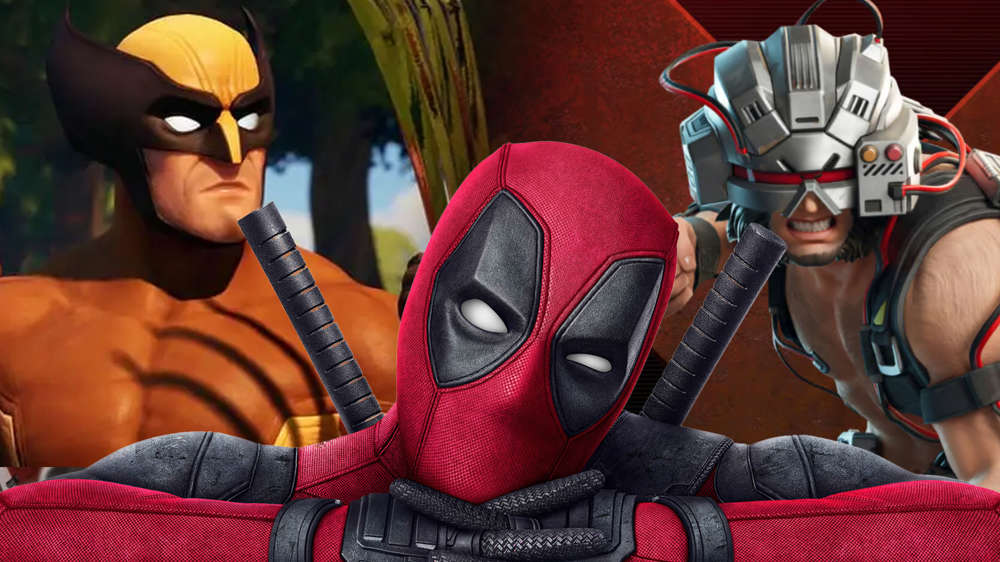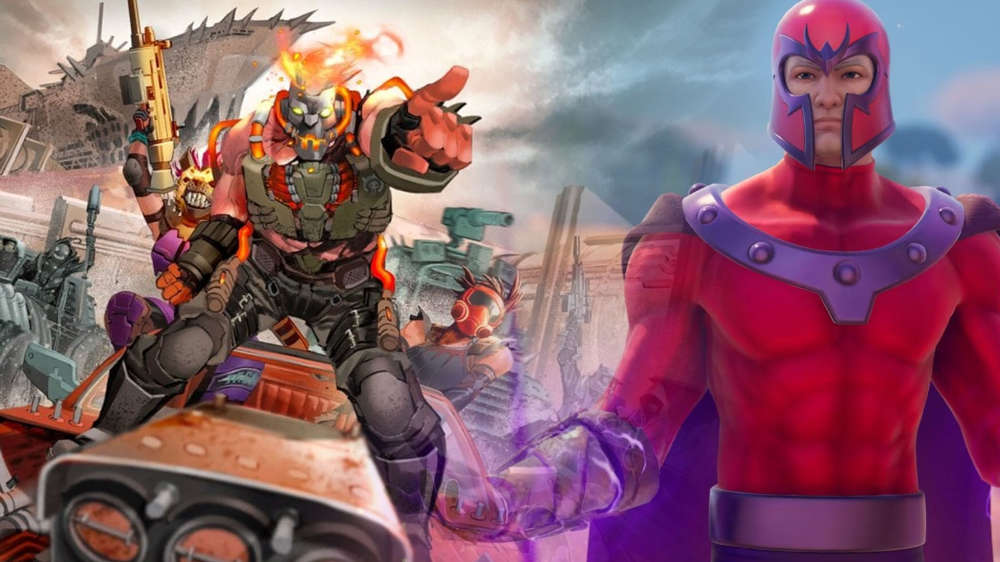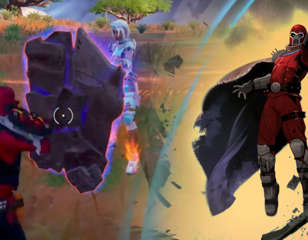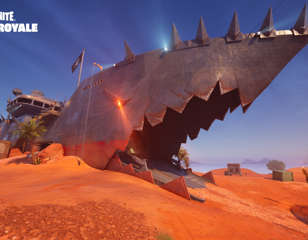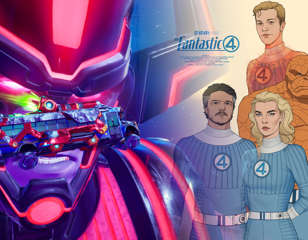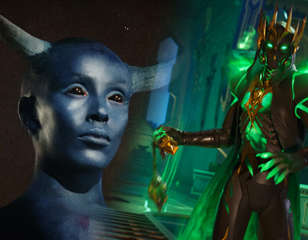When Fortnite POIs Get Too Real: Coral Castle Inc Sue Epic Games Over Name Of POI
Coral Castle's name has made it the subject of a potential legal battle.

Mackenzie O Brien
21st Aug 2020 17:00
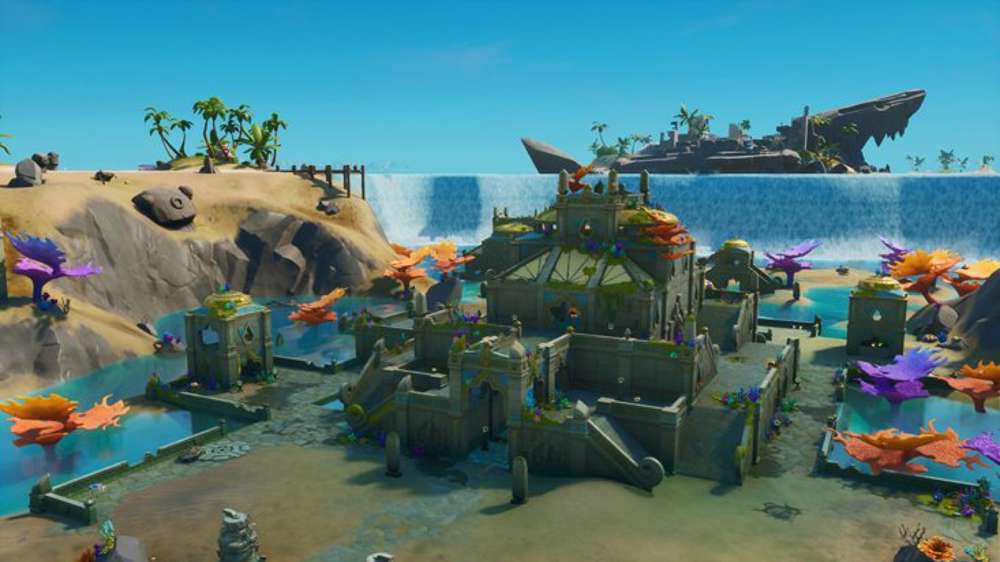
It's no surprise that the nautically-themed Chapter 2: Season 3 has been making waves in Fortnite this summer. Fortnite's newest season has featured sharks, cars, and coral-covered landscapes, in a map that is revealing more and more of itself as time goes on.
The seemingly endless waters in the Fortnite map have been slowly receding as the season wears on, revealing roads, more loot, and new POIs. Nearly overshadowed by the massive Joyride Update, which allowed Fortnite players to drive cars, is fan-favourite POI, Coral Castle.
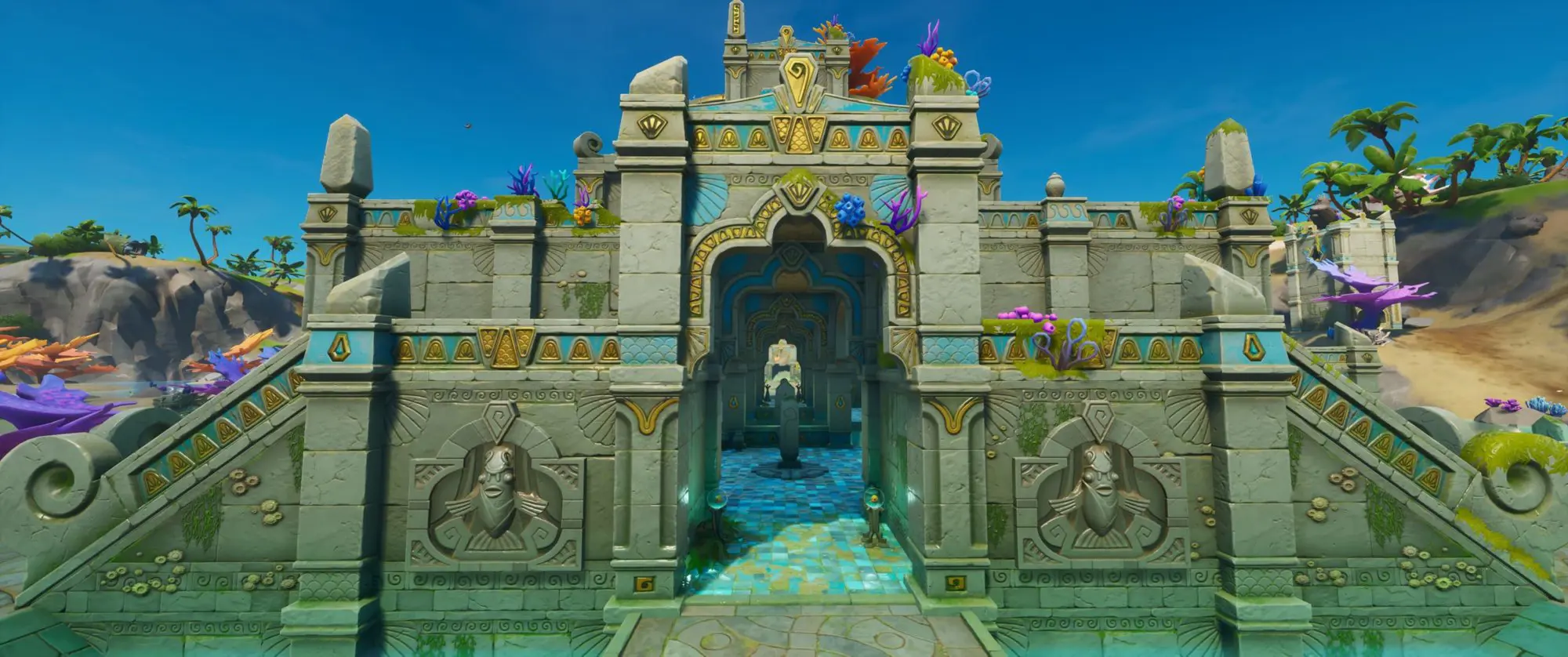 Image via Epic Games
Image via Epic Games
Fortnite professionals, like Bugha, were tweeting about their love for the new POI and its impressive stashes of loot, excellent hiding places, and places to snipe other players. Its unique appearance, nautically-themed elements, and previously-submerged status quickly made it one of the most talked-about locations in-game.
All this attention in-game brought the Fortnite some attention in real life, as well. And probably not the kind of attention Epic Games wanted either. A day after the company was caught up in a legal battle with both Apple and Google for unfair business practices, which resulted in Fortnite being barred from their platforms, a small holdings company in Florida caught wind of Fortnite's Coral Castle. This company, known as Coral Castle Inc., owns the trademark rights to the name Coral Castle. Unbeknownst to Epic Games, Coral Castle Inc. was not too pleased that the massive battle royale had a POI of the same name.
Coral Castle Inc. holds the rights to not only the name Coral Castle, but also the real-life tourist attraction attached to it. Located in Homestead, Florida, the real-world Coral Castle is a massive limestone structure that was single-handedly built by one man from 1928-1951.
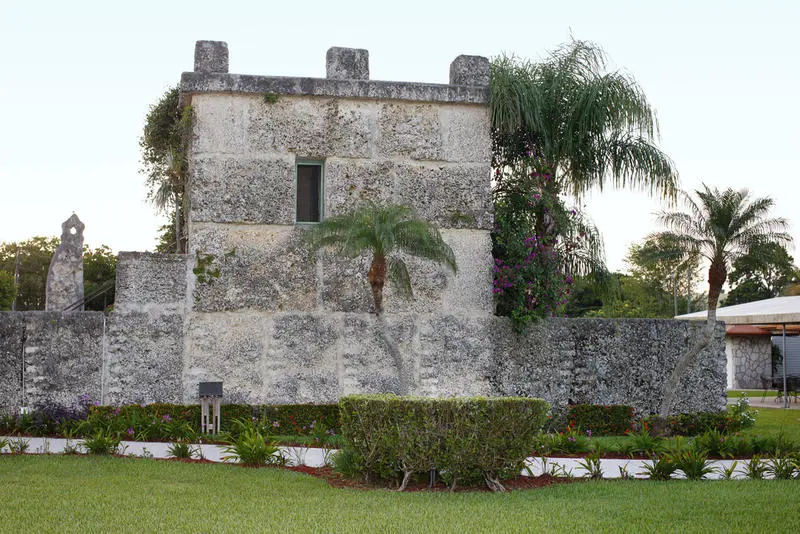 Image via Coral Castle Inc
Image via Coral Castle Inc
The alleged builder was 28-year old Latvian immigrant Ed Leedskalnin, who claimed he levitated the stone blocks into place on his own to create interest in the attraction. How he actually carried out the building process might be a mystery, but the results are beautiful and quite impressive. This massive limestone structure features towering walls, unique structures, and a beautiful garden in the castle's centre.
Coral Castle has been featured in popular culture and music videos before, such as Billy Idol's song and music video for Sweet Sixteen, which allude to the Coral Castle in Florida. It seems odd that despite these cameos in other works, Coral Castle Inc. has decided to sue Epic Games over the mere mention of a coral castle.
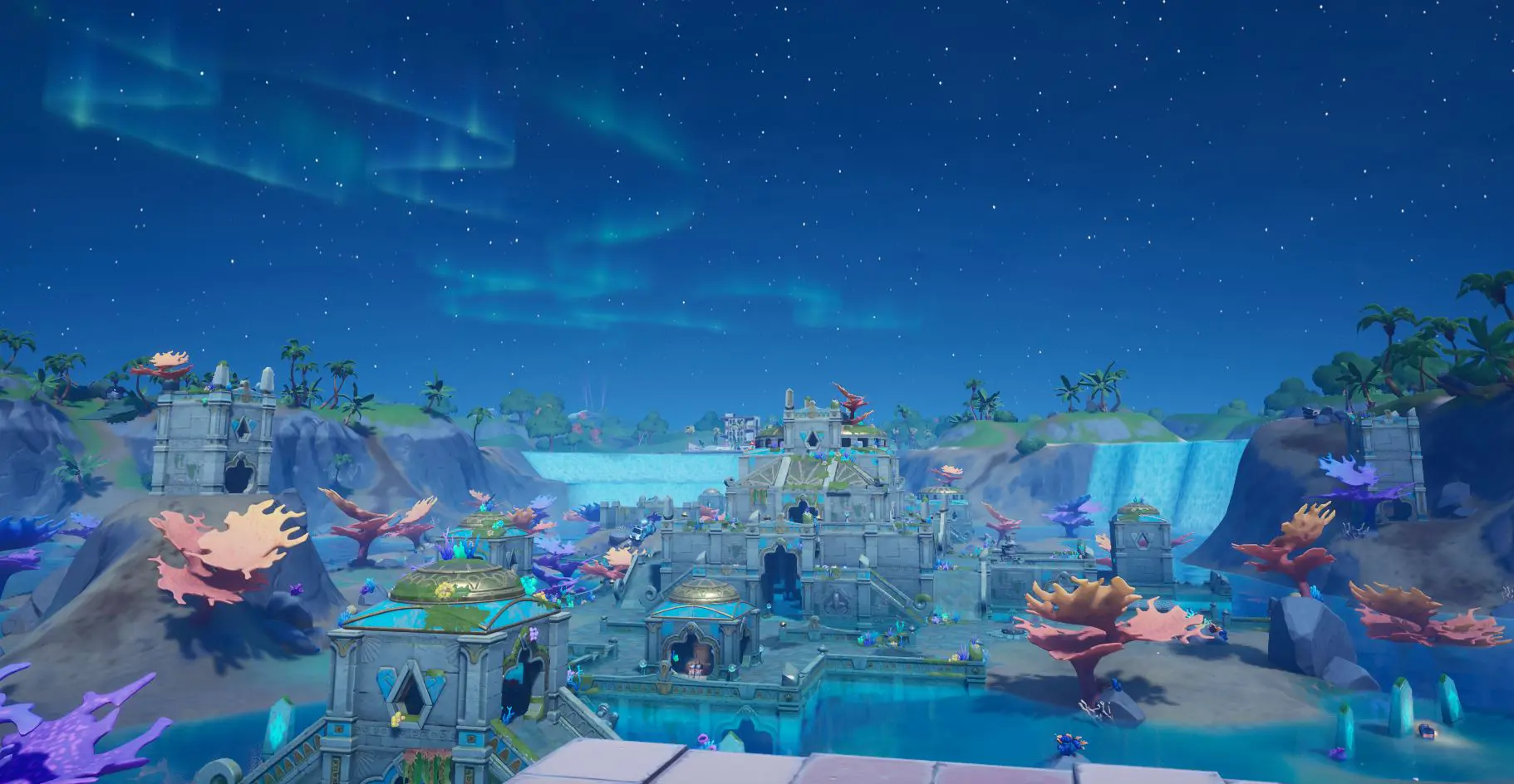 Image via Epic Games
Image via Epic Games
Coral Castle Inc. states that there are enough similarities between the Fortnite's Coral Castle and its real-life counterpart, and claims that Epic Games did not go through the legal process to use the trademark in their work. The company believes that the nautical themes, stone structure, and name are enough grounds for a lawsuit.
There are some similarities between the two locations, as Fortnite's POI is made of stone, has slight structural similarities, and features tropical elements (such as coral and lagoons); however, this is where those similarities end.
The name could be purely coincidental, or the real world could have inspired epic Games, but fans don't really know the answer yet, as Epic has not commented on the matter. They're too busy duking it out with Apple and Google to focus on a copyright claim as trite as this.
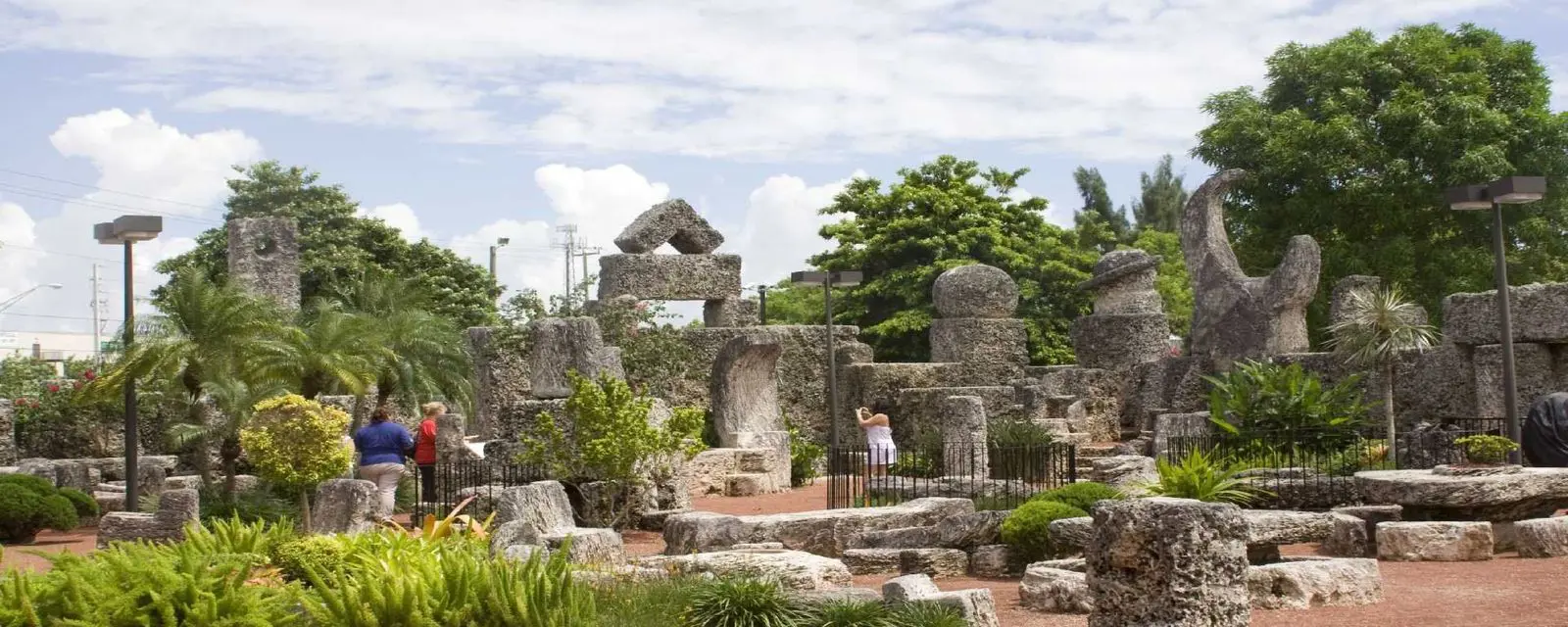 Image via Coral Castle Inc
Image via Coral Castle Inc
This trademark violation might seem like a big deal to the Fortnite community at large, as many people want to continue enjoying Coral Castle as it is. A copyright claim could mean the area might have to be heavily modified, renamed, changed, or removed from the game entirely. However, this isn't the first time that Fortnite has faced legal issues over in-game similarities to the real world. Despite the slew of companies that want a piece of Fortnite's success via lawsuit, there are many times when Epic Games has had its own legal victory royales.
One of such victories came when Alfonso Ribeiro, of Fresh Prince of Bel-Aire fame, tried to sue Fortnite over the Carlton Dance move. He claimed that Epic Games had capitalised on his signature move, making money off of it through V-Bucks transactions. Unluckily for Ribeiro, he was unable to get the copyright for the dance, and the suit was dropped.
Coral Castle Inc. does actually hold the trademark for the phrase Coral Castle, but a judge will have to rule whether or not the virtual Coral Castle is similar enough to the real Coral Castle to warrant the company's request for damages, removal of materials referencing a "coral castle," and a turnover of any monetary gain Epic has made since the area's inclusion.
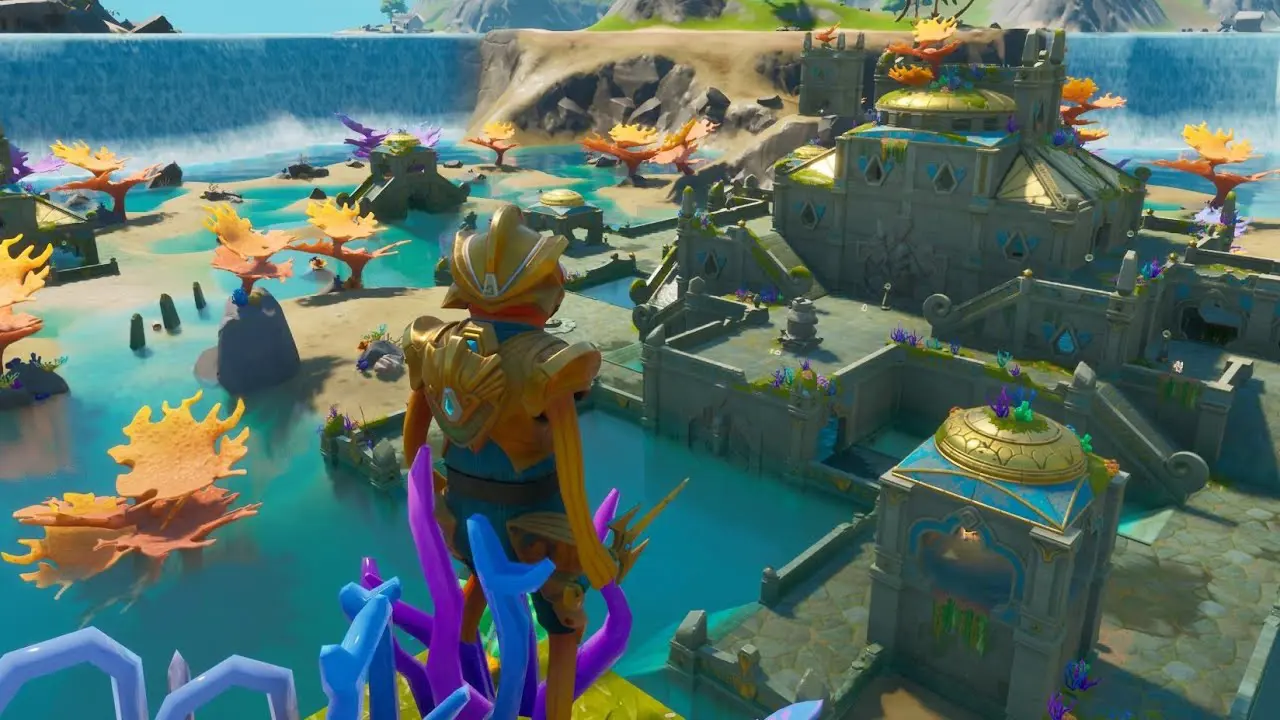 Image via Epic Games
Image via Epic Games
Among other things, the Coral Castle suit is claiming "violations of Florida's Deceptive and Unfair Trade Practices Act," overall trademark infringement, unfair competition, and trademark dilution. It is interesting that the company is taking such an approach, as the massively-popular battle royale might have helped bring the tourist attraction to the spotlight, but it seems Coral Castle Inc. wants nothing more from Epic Games than their money.
They have attached screenshots of the in-game Coral Castle and photographs of the Homestead, Florida location to their lawsuit. Again, it is uncertain where this case will go, as it is hugely overshadowed by Apple and Google's response to Fortnite. More uncertain is whether or not the POI will be forced to change or stay the same.
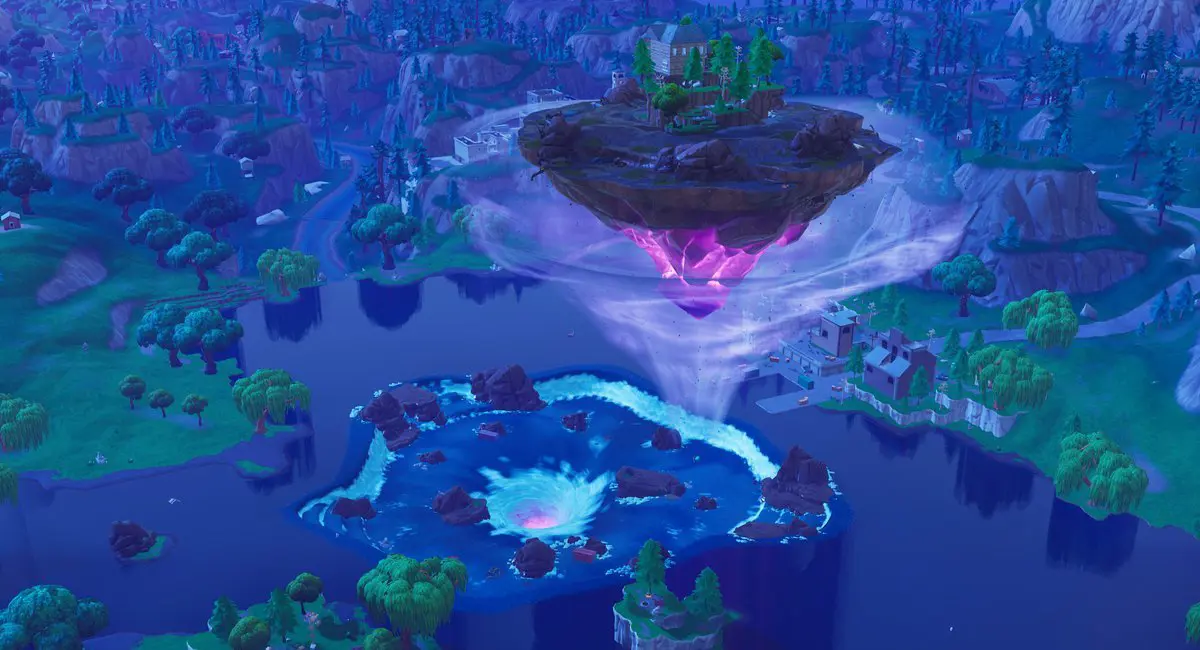 Image via Epic Games
Image via Epic Games
This isn't the first time that Fortnite has been inspired by the real world, either. However, it is the first time the game has been sued over such real-world likenesses. A few notable examples of the real world seeping into Fortnite are Dusty Divot, which is based on Arizona's Meteor Crater, Pleasant Park, which is based on Mount Pleasant Park in Vancouver, Canada, and Loot Lake, whose centre is inspired by Covão dos Conchos in Portugal. For reference, pictured above is Loot Lake and pictured below is its real-world counterpart in Portugal.
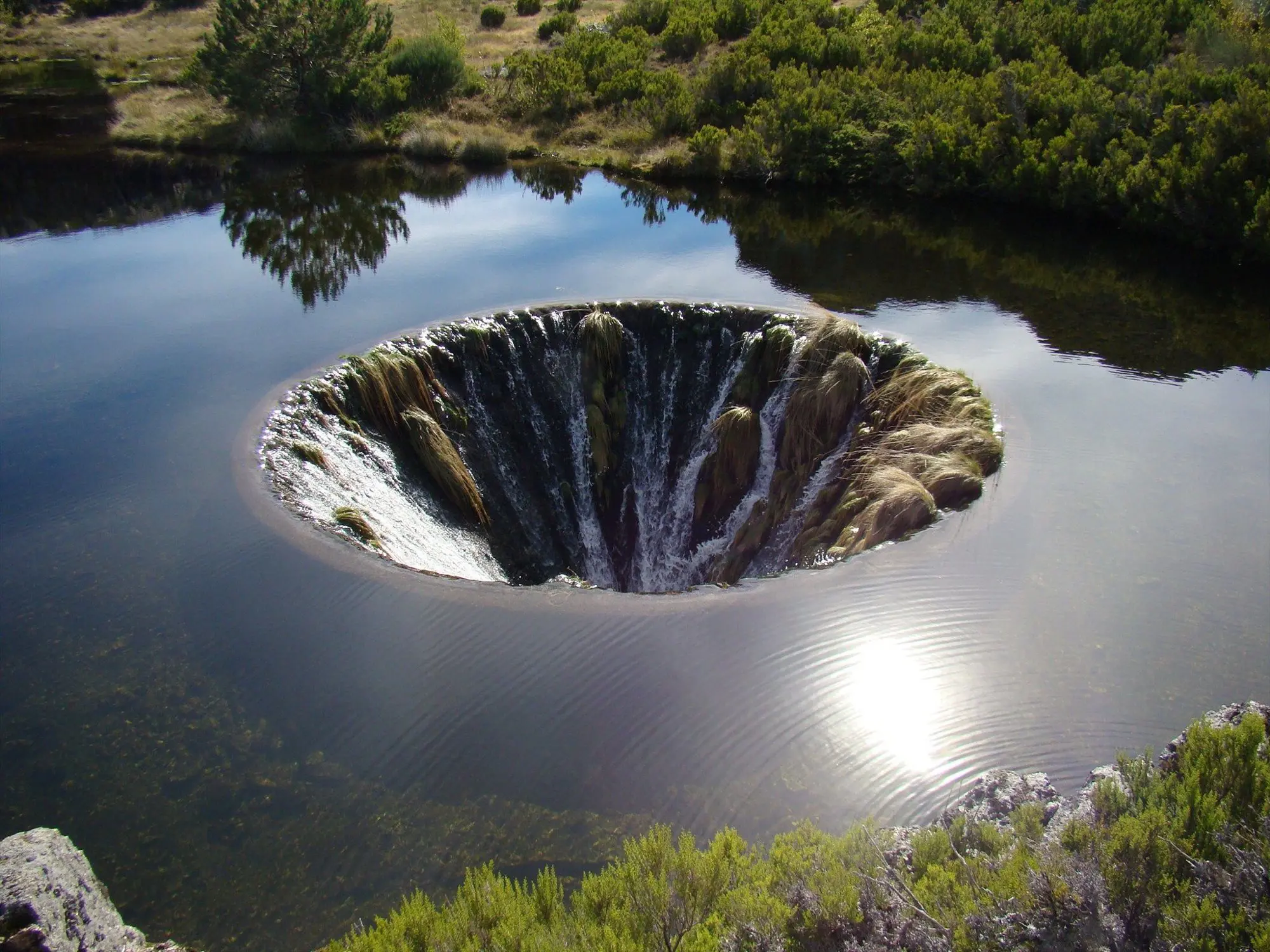 Image via Pinterest
Image via Pinterest
These real-world locations are eerily similar to their POI-counterparts, however, none of the companies overseeing such landmarks have sued Epic Games. Epic Games has not outright stated what real-world locations inspire POIs, as they have left their world up to the player's imagination, for the most part.
As time wears on, players will learn the results of Coral Castle Inc.'s lawsuit against Epic Games. Whether the court will simply rule a name change, alteration of the POI's appearance, or complete removal is uncertain. When Epic Games comments on the matter, players might have a bit more context for what changes might have to come to Fortnite, but until then, players can enjoy Fortnite's Coral Castle. Whether it will have to retreat into the waves or stand proudly on the shoreline is a matter of whatever court rulings are determined in the case.
Images via Coral Castle Inc | Epic Games

About The Author
Mackenzie O Brien
Mackenzie is a Freelance Journalist at GGRecon, she has experience in the social media side to the gaming industry.

